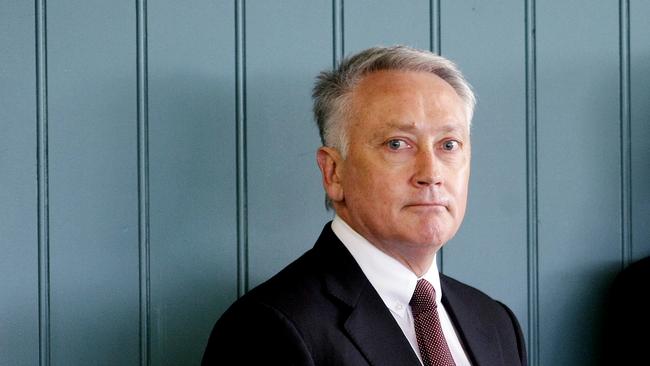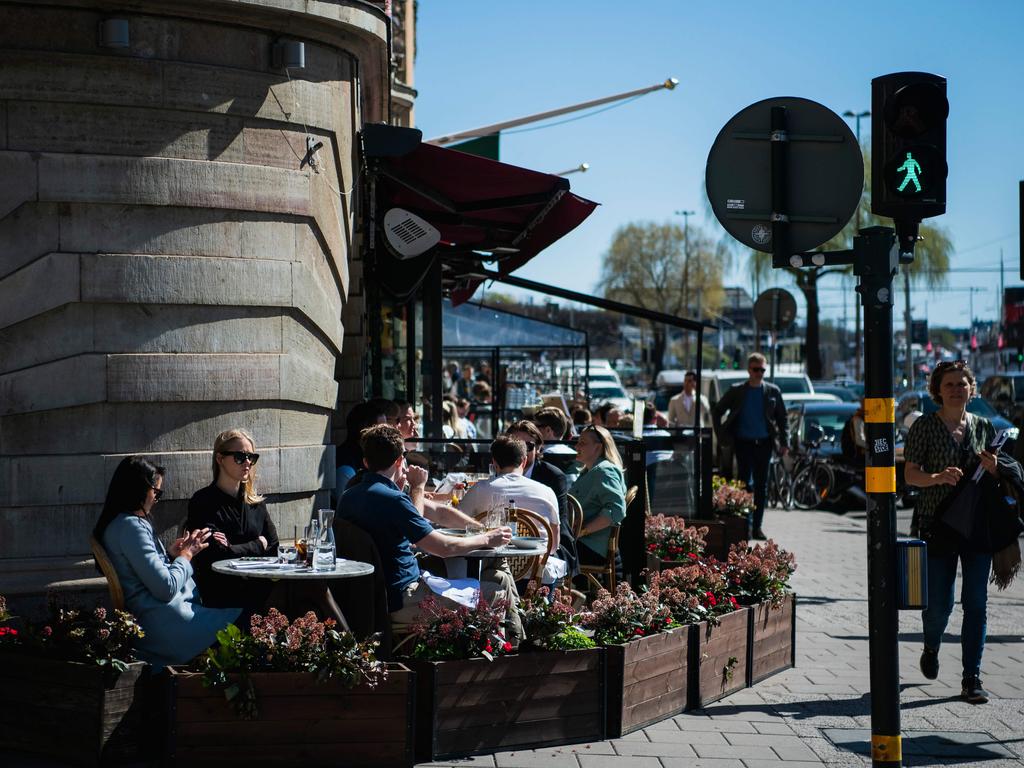Insurers consider pandemic cover
Insurance Council chief Rob Whelan says it is exploring the possibility of providing coverage for pandemics in the future.

The Insurance Council of Australia is exploring the possibility of coverage being provided for pandemics in the future, its chief executive Rob Whelan has told a parliamentary inquiry.
Appearing before the House of Representatives standing committee on economics, Mr Whelan said the industry body was working with actuarial consultancy Finity to see if it could provide “some level of insurance cover” for future pandemics.
The work should be completed in two months, he said as he explained that pandemics were generally excluded from insurance contracts due to the “sheer size of the exposure”.
Mr Whelan, who was first up at the two-day hearing focused on the insurance industry, also provided the committee with detail on the extent of the impact of recent natural disasters, revealing that Australians had lodged $4.6bn worth of natural disaster-related insurance claims since September, with more than $2bn of those due to the horrific summer bushfires.
Insurers had so far paid out $1.4bn in repairs, rebuilds, new contents, cash settlements and financial support for bushfire-affected communities, he told the committee.
“This was the worst natural disaster season on record and insurers are fulfilling their promise,” Mr Whelan said.
Customers had made more than 240,000 claims related to the recent natural disasters, with thousands of small businesses affected, he added.
Grilling Mr Whelan on the impact of climate change on the industry, Greens leader Adam Bandt accused the Insurance Council of “selling its members out” by not pushing for more action to limit temperature rises.
“We would always consider greater emissions reduction to be a long-term goal,” Mr Whelan said, as he pointed out that any approach to tackle climate change would need to be on a global scale.
Allianz Australia managing director Richard Feledy also fronted the committee on Tuesday, coming under scrutiny from deputy chair Andrew Leigh for not reducing motor premiums despite less traffic on the roads due to the coronavirus shutdown.
Premiums remained static because not all claims were related to car accidents on the road, Mr Feledy said.
“It seems a bit heads I win, tails you lose,” Dr Leigh argued as he accused the insurer of “pocketing the benefit” of the drop in cars on the roads. “If this massive drop in vehicle miles doesn’t get passed to consumers that seems pretty egregious.”
Mr Feledy said the insurer was seeing the biggest drop-off in insurance cover from small and medium sized businesses due to the coronavirus.
“That is definitely where we are seeing the most pressure,” he told the committee.
“We are at the very start of the impact of COVID-19 and we are going to be closely monitoring it.”
Closed businesses were cancelling cover, he said, while home and motor customers were still renewing and purchasing cover.
The inquiry continues on Wednesday with appearances expected from QBE, Suncorp and IAG.






